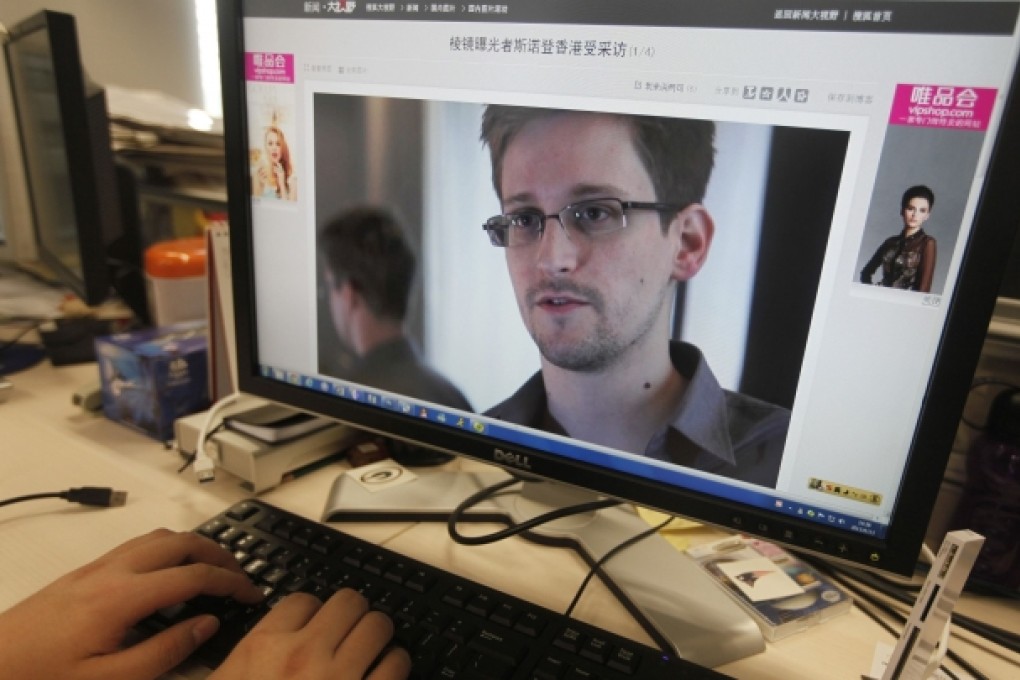
US officials and tech company executives have rhapsodised for years about how the internet - and more recently social media - will free the world of tyranny and promote democracy. The exposure by Edward Snowden of America's massive surveillance programme rather says the opposite.
Too often, we associate tyranny with fear, pain, torture and imprisonment. But such brutal and primitive techniques are already obsolete with the most advanced political control.
These bloody techniques are only means to an end. If the same results - obedience, docility, predictable behaviour - can be achieved with your subjects' full consent, comfort and convenience, who needs to draw blood? The world's most sophisticated economy requires sophisticated tyranny. We have all heard of soft and hard power. How about soft and hard tyranny?
If government agents could walk into the homes and offices of ordinary people at will - to listen in on their private conversations, check their phone logs, cheque books and bank records, Americans would be up in arms. Such actions, in any case, would break multiple state and federal laws, the chief being the US Constitution's Fourth Amendment, which forbids unreasonable searches and seizures. But what if the government can do all that without the least inconvenience to the people and without their knowledge?
That, I believe, is why more than half of Americans are unfazed about Prism, the massive surveillance program run by the US National Security Agency, according to a Pew survey.
Counterterrorism is used to justify the surveillance overkill. But if you look at the cost, scale and complexity of the programme in relation to the extremely low probability of someone dying or being injured in a terrorist attack, you must conclude it's not worth it. So the likely real rationale is social and political control.
